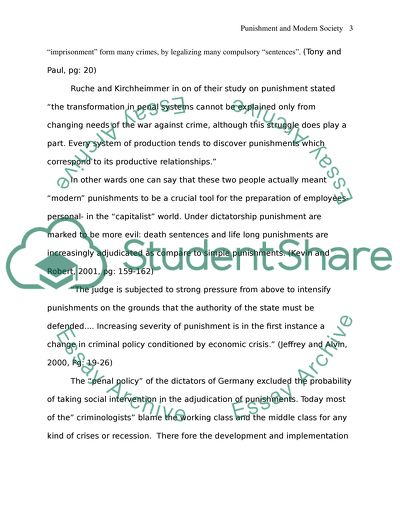Cite this document
(“Punishment and Modern Society Essay Example | Topics and Well Written Essays - 2000 words”, n.d.)
Retrieved from https://studentshare.org/miscellaneous/1518769-punishment-and-modern-society
Retrieved from https://studentshare.org/miscellaneous/1518769-punishment-and-modern-society
(Punishment and Modern Society Essay Example | Topics and Well Written Essays - 2000 Words)
https://studentshare.org/miscellaneous/1518769-punishment-and-modern-society.
https://studentshare.org/miscellaneous/1518769-punishment-and-modern-society.
“Punishment and Modern Society Essay Example | Topics and Well Written Essays - 2000 Words”, n.d. https://studentshare.org/miscellaneous/1518769-punishment-and-modern-society.


